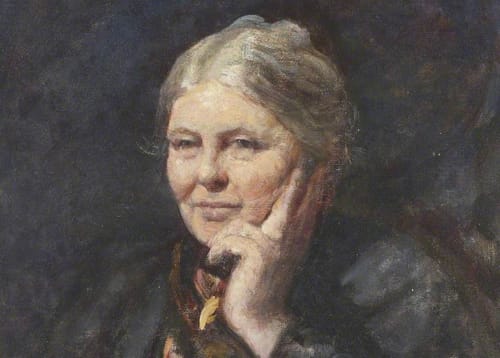Who is Charlotte Mason?
Charlotte Mason liked a good joke and being outside in the woods. People who met her say they always left her feeling better about themselves. She lived in Victorian England, but her ideas were anything but typical for the time. For instance, she believed that all children-even poor coal miner’s children-could learn.
She thought all children should read the best authors, hear great composers’ music, observe great artists’ paintings, and spend time outside observing the many and varied works of the Creator. She also believed that every family should be able to connect with families from other countries by learning to speak several languages.

Miss Mason also believed in the ability of parents to educate their children through establishing habits of intellect as well as physical and moral habits.
She created the Parents’ National Education Union and its corresponding publication The Parent’s Review which she described as being for the purpose “to raise common thought on the subject of education to the level of scientific research, and to give parents grip of some half dozen principles which should act as enormously powerful levers in the elevation of character.”
Soon P.N.E.U. schools opened around the United Kingdom following a curriculum created by Miss Mason. At her home in Ambleside, she ran a teaching college to train teachers in her methods. These teachers took her methods into schools and homes to the benefit of families around the country.
Whether students were learning at home with their tutors, in the P.N.E.U. schools, or in other schools that simply adopted her curriculum, students found themselves connecting with the greatest ideas man had produced.
Her vision for education lives today. She taught that education is about the transformation that occurs in us when we connect with people and their ideas. Education is not about how much we know; it is about who we are.